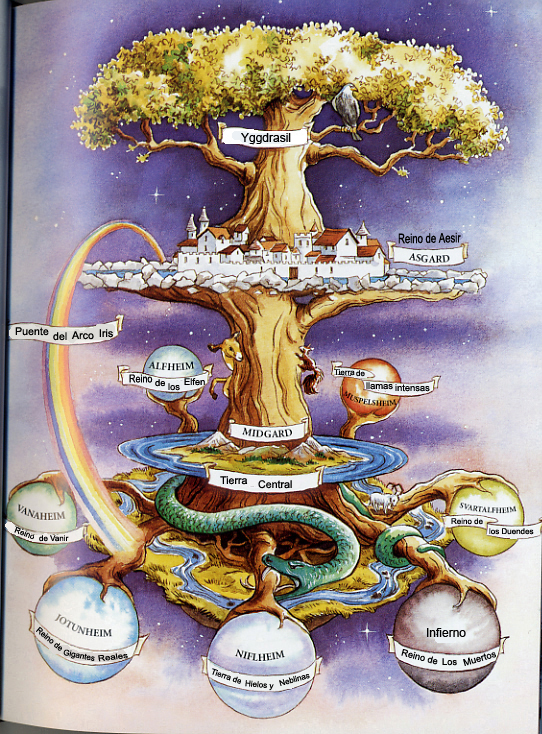gettinglucky said:
Guess who gets to collect karmic debt as the result of being the accomplice to crime/evil in all those scenarios? You guessed it, the donator!
I've spent much of my life involved in the philosophical debate of what constitutes morality or correctness; and I know how confusing things can become when we consider the existential outcomes of our intentions, decisions and actions. As Gettinglucky indicated, it is possible to do what we think is good, only to find out that we only managed to enable something very bad. I'm very familiar with this conundrum, because I have been personally involved in decisions that were meant to defend my religion, my family, my country and my friends -- each time doing what I thought was moral and correct, but finding myself in the middle of immoral outcomes. I know there are times that we are damned if we do, and damned if we don't.
In view of this experience I have searched long and hard for some kind of greater understanding that has not been available through religion or philosophy. Since discovering the possibility of Reincarnation, however, I have been exposed to the possibility that what really counts is intention. In other words, if our intentions are good and our courage is willing to carry those good intentions through, all outcomes are the correct ones, even if they are bad.
One of the most inspiring stories, in one of the shortest books ever read, is the story of Prince Arjuna with his adviser Krishna in the "Bhagavad Gita", in which Arjuna is looking out over the camp of his enemy and considering the violence and bloodshed that he must face the following day. In that camp among the enemy, who wishes to vanquish his rightful place as ruler, are the uncles and servants who loved him and helped to raise him. Certainly there is much that seems so very wrong about what he feels forced to do; but as Krishna advises him, he must do what is expected of him in this life, for the sake of history as well as for what is ultimately right. Nothing is clearly right or wrong, for there are elements of both mixed in together. But, to do nothing would be the greatest offense. Besides, said Krishna, life and death issues in this one lifetime are as nothing compared to the thousands of lifetimes yet to come.
Ultimately, Arjuna won the battle and maintained his position becoming one of the great leaders of his time, as well as being a great inspiration for others facing the same kind of decisions. Many people died, and many generations suffered the painful effects of that war, as with other famous leaders and other horrible wars. But, consider also the consequences of shrinking from those decisions. Perhaps our purpose is simply to be who we were born to be, whether right or wrong. Perhaps, there is really no clear right or wrong. Perhaps, having the courage to be just who we are is the greatest objective there is.



